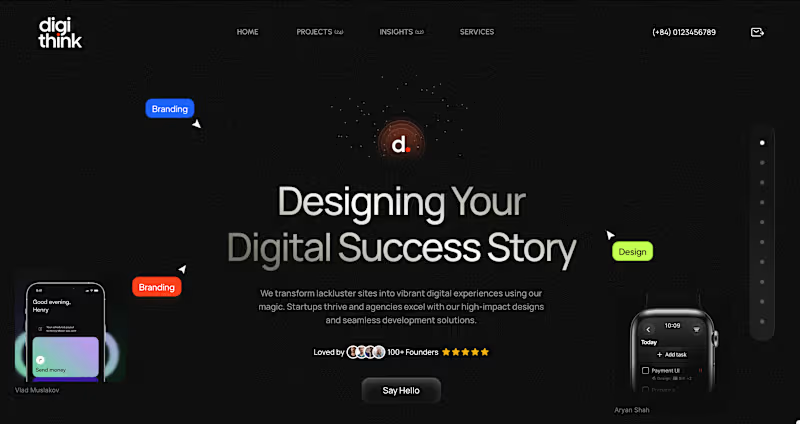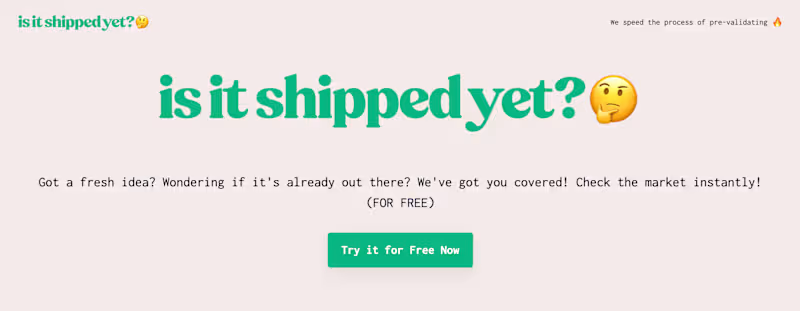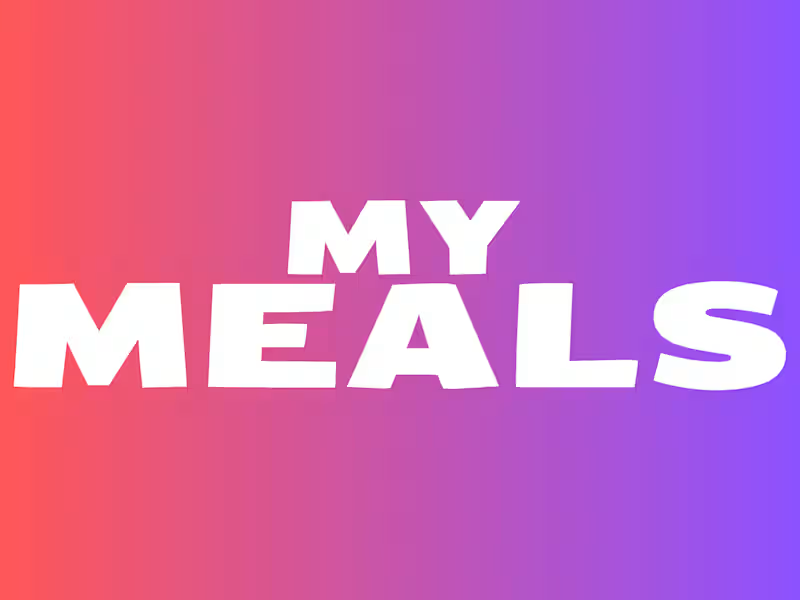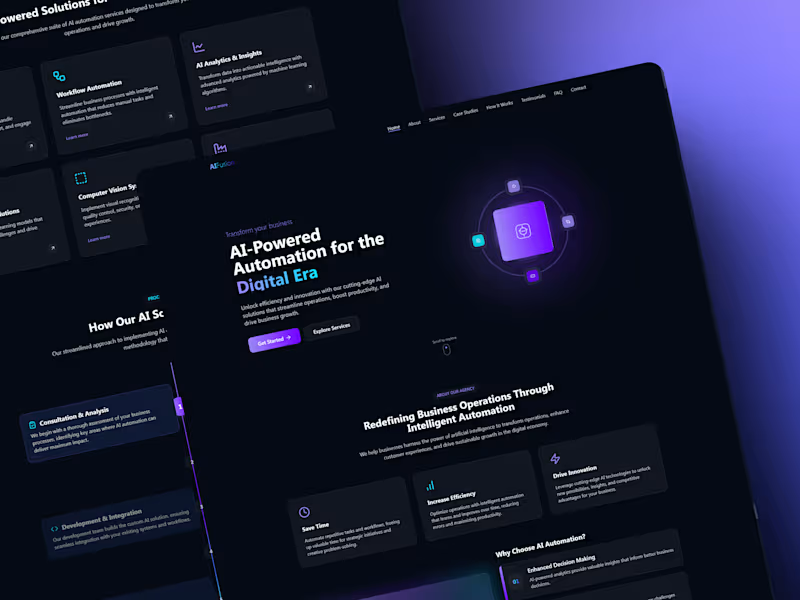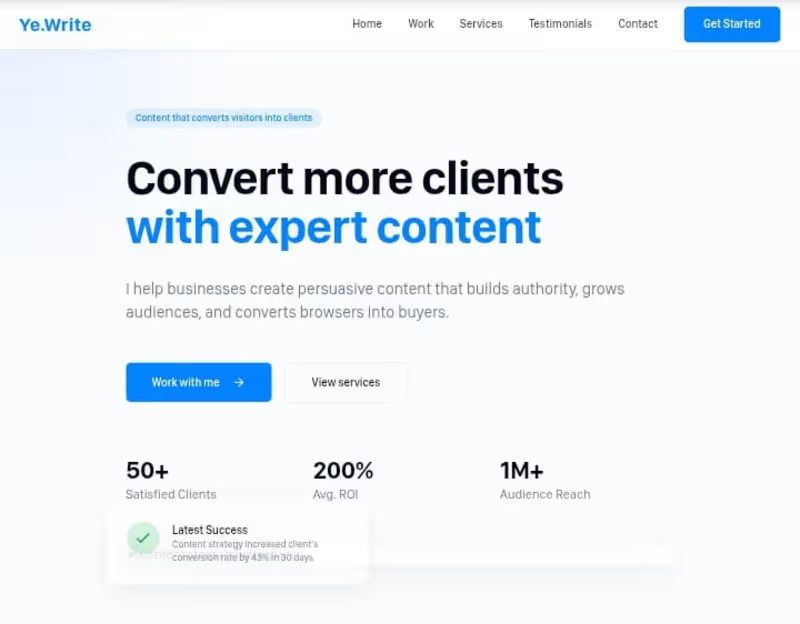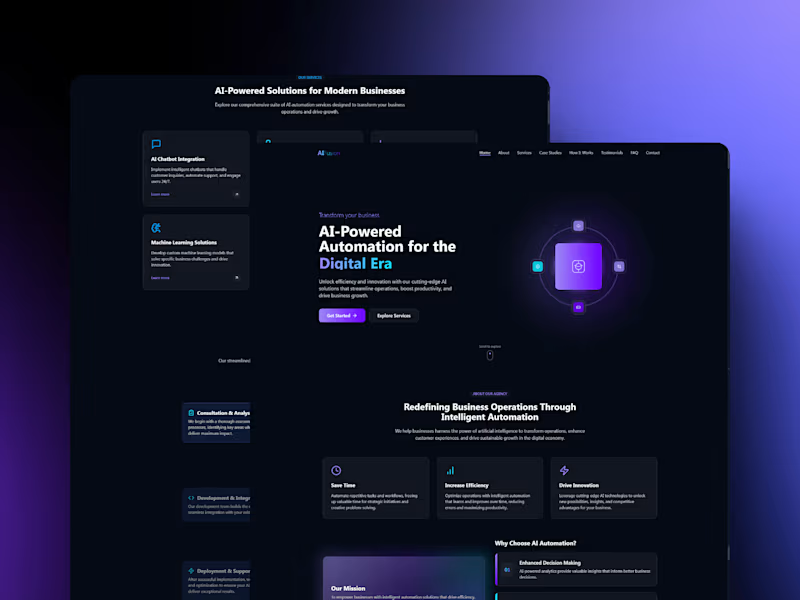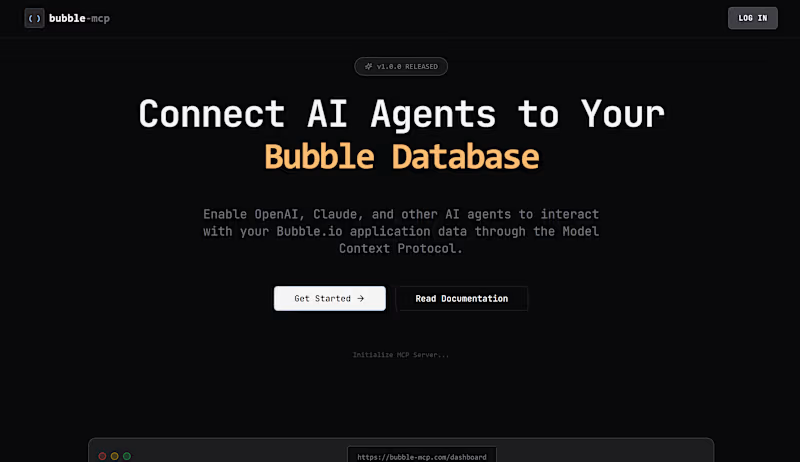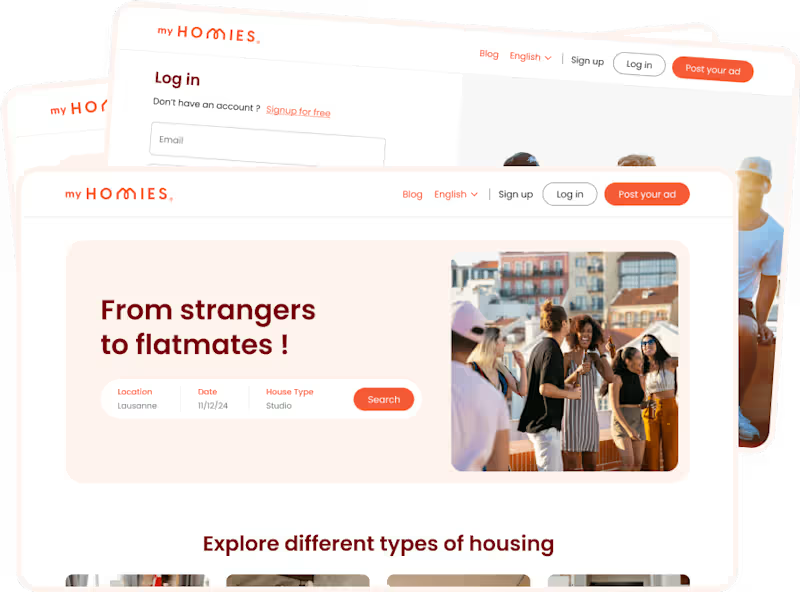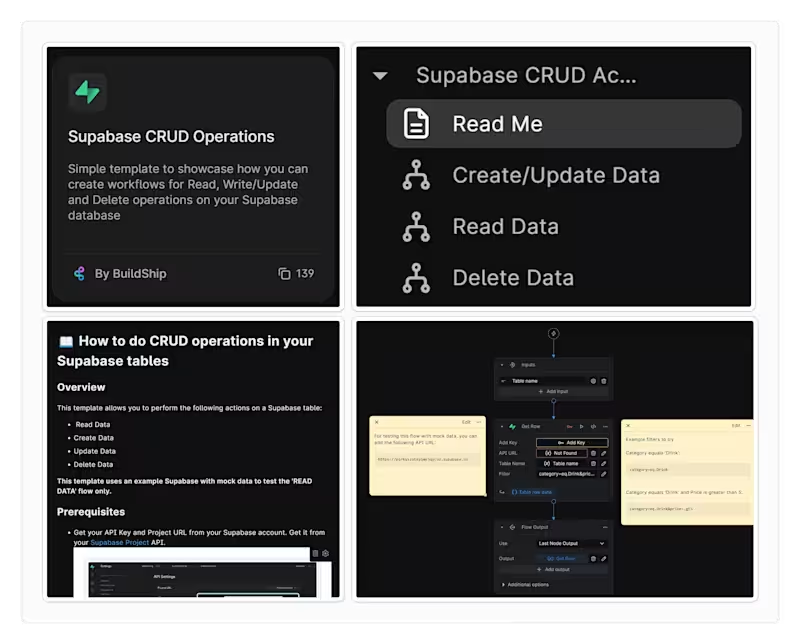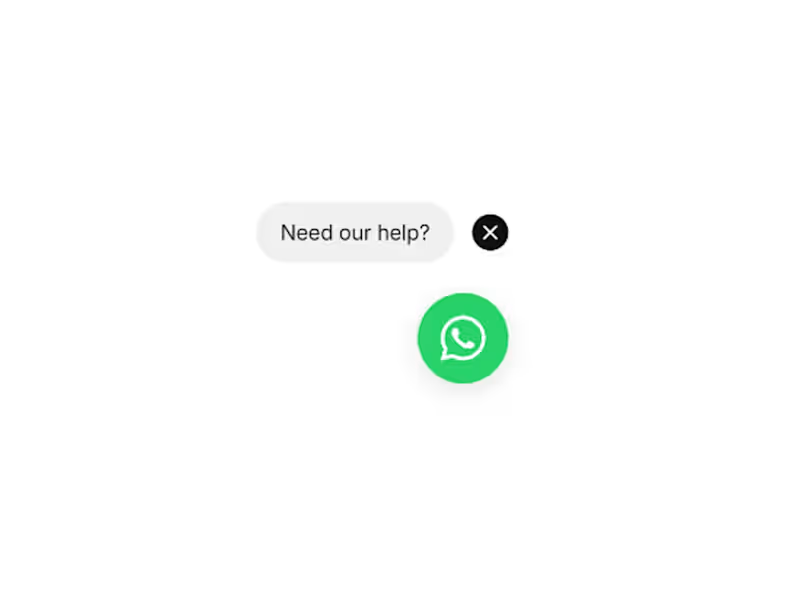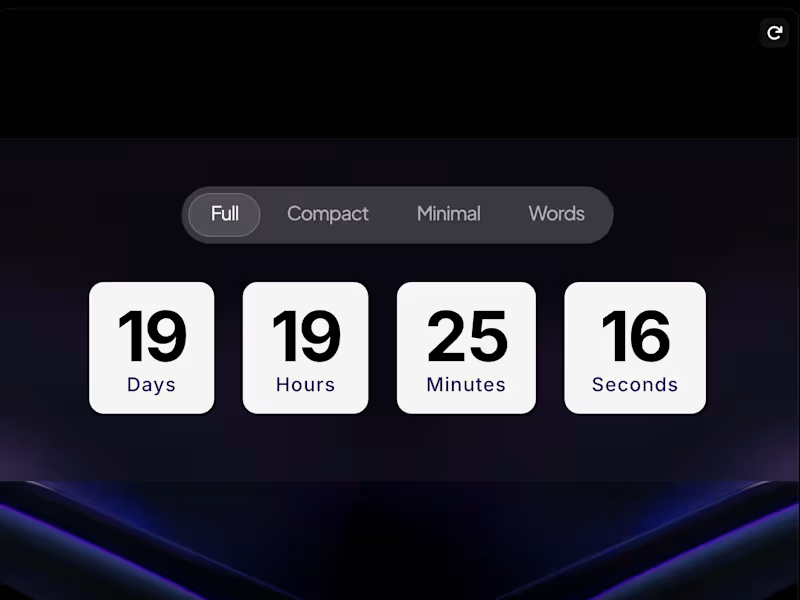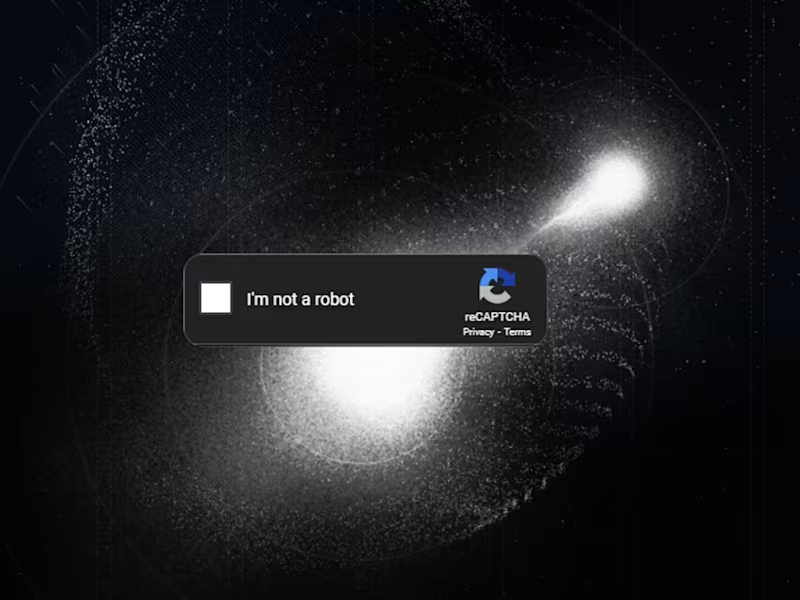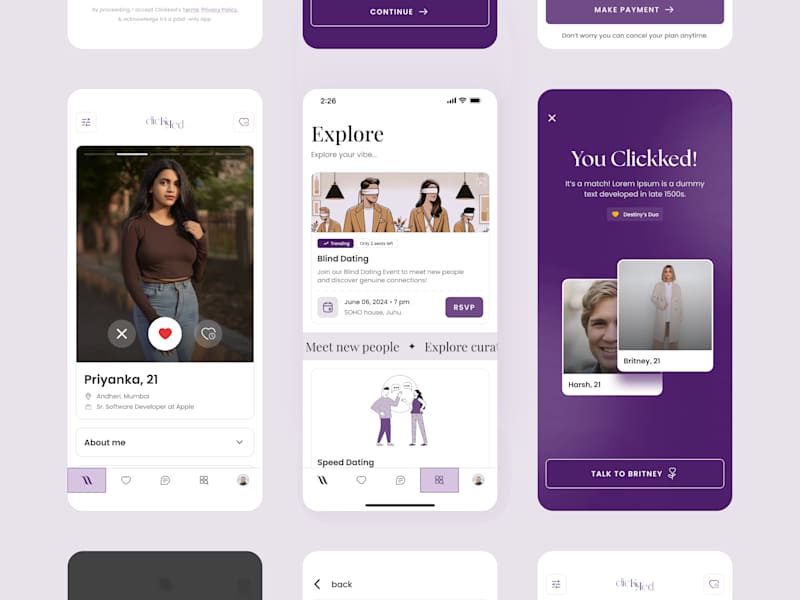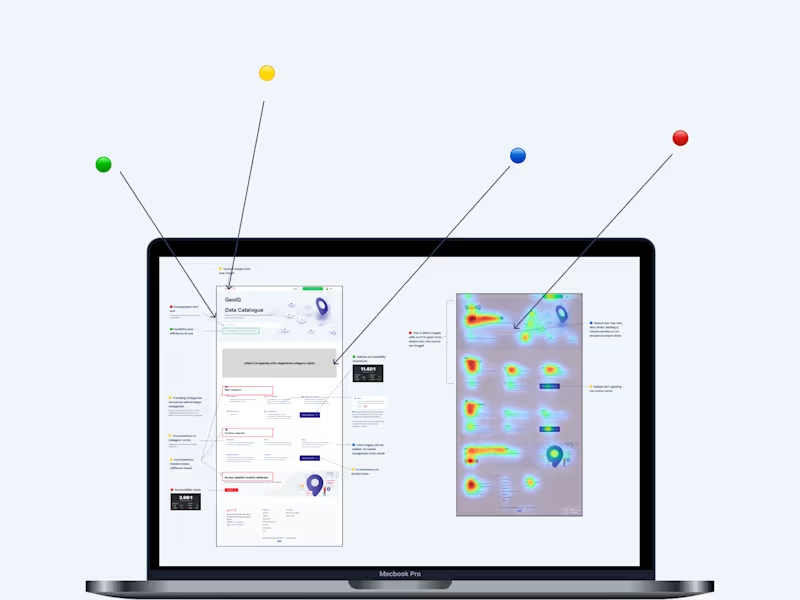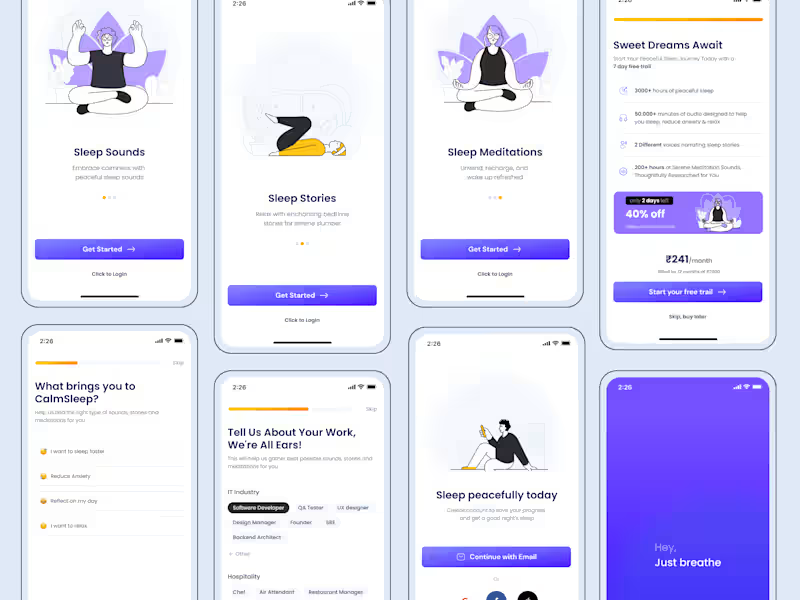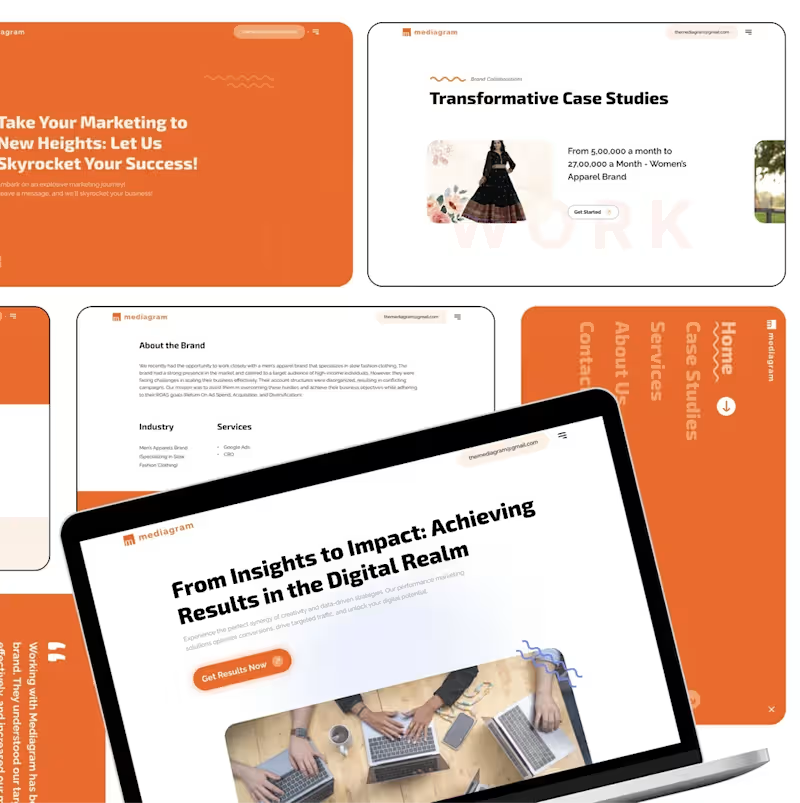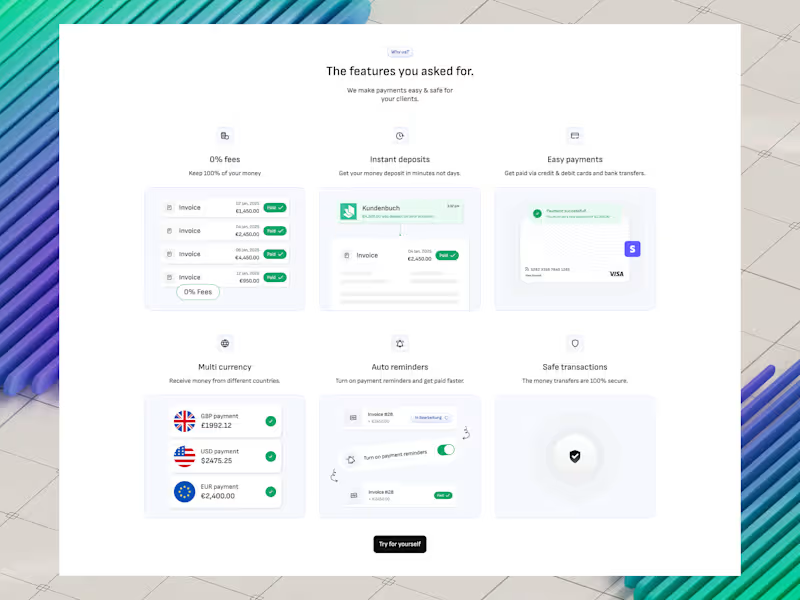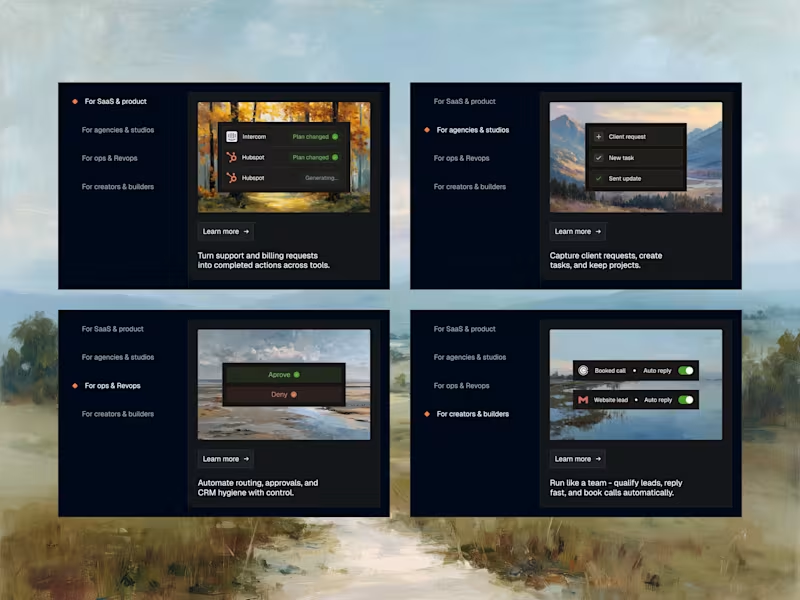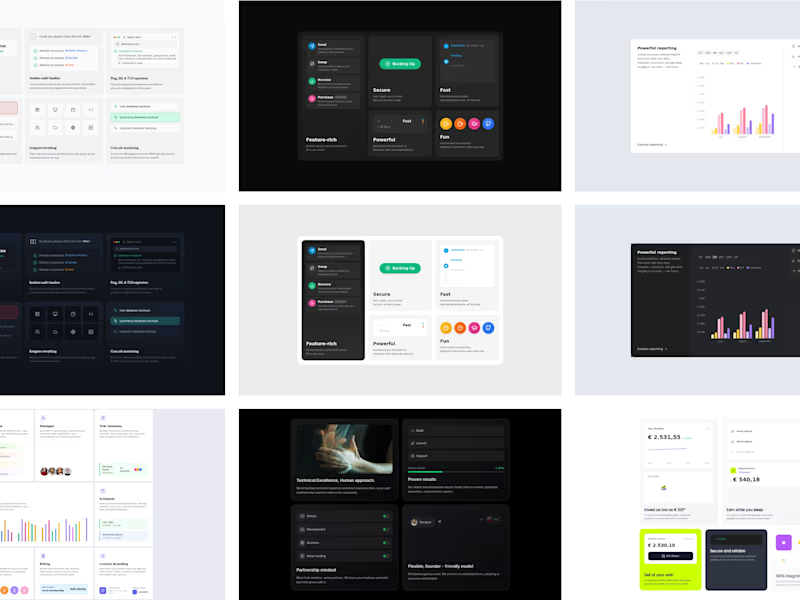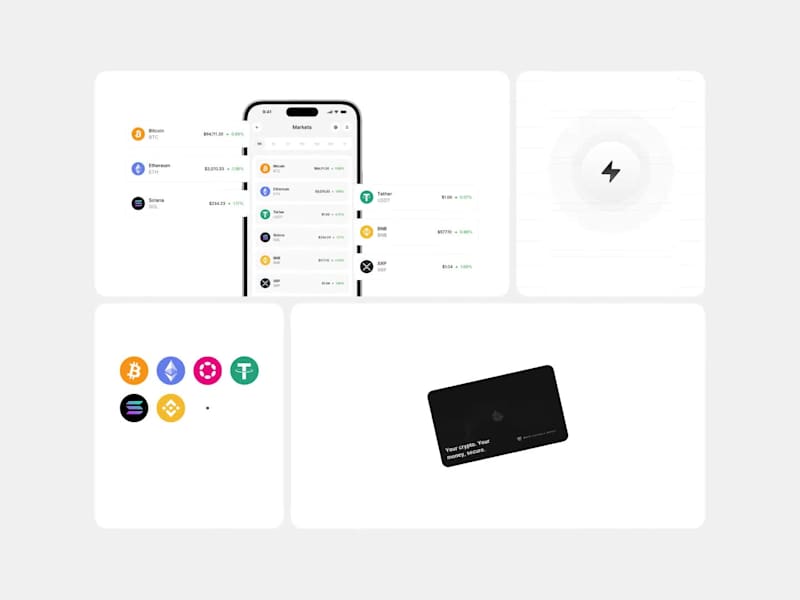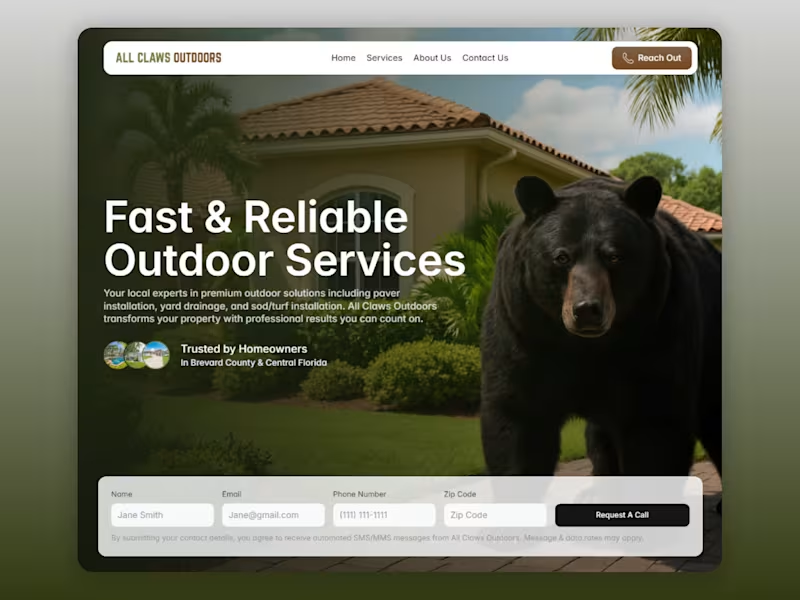Additional resources
What Makes Freelancers Lovable
Soft Skills That Define Lovability
Communication Excellence as a Core Trait
Emotional Intelligence in Freelance Relationships
Cultural Fit and Alignment
Essential Traits to Look for When Hiring Freelancers
Proactive Communication Style
Adaptability and Flexibility
Self-Motivation and Independence
Problem-Solving Mindset
Collaborative Spirit
Where to Find Freelancers Who Stand Out
Professional Networks and Communities
Industry-Specific Forums and Groups
Referrals and Word-of-Mouth Sources
Content Creators and Thought Leaders
How to Vet Freelancers Effectively
Portfolio Analysis Beyond Surface Level
Reference Checks That Reveal Character
Test Projects as Evaluation Tools
Red Flags to Watch For
Interview Strategies for Hiring Freelancers
Behavioral Questions That Uncover Soft Skills
Scenario-Based Assessments
Communication Style Evaluation
Cultural Fit Assessment Techniques
Onboarding Freelancers for Success
Pre-Boarding Documentation and Resources
Setting Clear Expectations and Goals
Introducing Team Dynamics and Workflows
Establishing Communication Protocols
How to Manage Freelancers Effectively
Creating Structured Check-In Processes
Feedback Systems That Build Trust
Project Management Best Practices
Balancing Autonomy with Guidance
Building Long-Term Freelance Relationships
Recognition and Appreciation Strategies
Professional Development Opportunities
Creating a Freelancer Talent Pool
Maintaining Connections Between Projects
Payment and Contract Best Practices
Fair Compensation Structures
Timely Payment Systems
Contract Clarity and Scope Definition
Performance-Based Incentives
Integrating Freelancers into Your Team Culture
Virtual Team Building Activities
Inclusive Meeting Practices
Knowledge Sharing Opportunities
Creating Belonging Without Employment
Common Mistakes When You Hire Freelancers
Overlooking Soft Skills for Technical Expertise
Insufficient Onboarding Investment
Poor Communication Boundaries
Treating Freelancers as Vendors Not Partners
Measuring Freelance Partnership Success
Key Performance Indicators Beyond Deliverables
Client Satisfaction Metrics
Retention and Repeat Engagement Rates
Impact on Team Dynamics




























